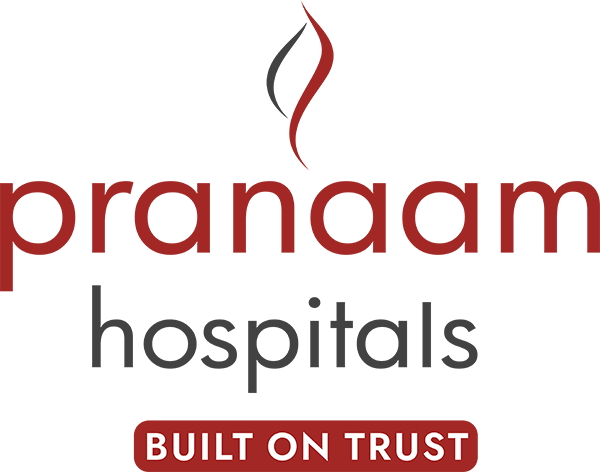In our last article, we learned about what orthopedics is all about and what health issues orthopedists deal with… In this article, we will learn about what you should expect from the orthopedist, what questions you need to ask, diagnosis methods, what procedures are used, and what aftercare is given.
Table of Contents
ToggleWhat to expect during an appointment?
Like any other doctor, the orthopedist will first work on the diagnosis of a person’s condition on the first visit. The diagnosis can include conducting x-rays and physical examinations and, in some instances, the doctor may conduct in-office procedures like conducting x-rays, delivering injections, such as corticosteroid injections to relieve inflammation, and performing ultrasound scans to confirm the diagnosis.
The diagnosis process will involve the orthopedist asking about the patient’s symptoms, and checking their medical records for more information on their medical history. It will also include reviewing the x-rays that a patient goes through.
Additional tests including MRI scan, Bone scan, CT scan, Blood tests, Nerve condition test, and ultrasound may sometimes be ordered. Putting a cast, a brace, or a splint to immobilize injured, dislocated, or fractured bone is also done in-office by the orthopedist.
Treatment options
Orthopedic treatment can be a time-taking procedure. It may often include processes in addition to in-office treatments. A patient may be recommended over-the-counter anti-inflammatory medications, rehabilitation and physical therapy, physiotherapy, mobility aids, surgery, injections to manage pain, etc.
What to ask an orthopedic doctor?
Patients may ask an orthopedic doctor if their injury can be treated with the nonoperative procedure, what medical methods a surgeon will use if surgery is unavoidable, what the potential risks are, what the benefits of the surgery are, and how long the benefits will last.
Apart from these questions you also need to check with your doctor about where the surgery will be performed, what the success rate of the procedure is, what you need to do from your end to get the best possible results, and if any complications may crop up later after the surgery is done.
Having a bunch of questions will make it easier for you to gauge the seriousness of your issue. It will also give you clarity on how you need to take care of yourself during the healing process .


